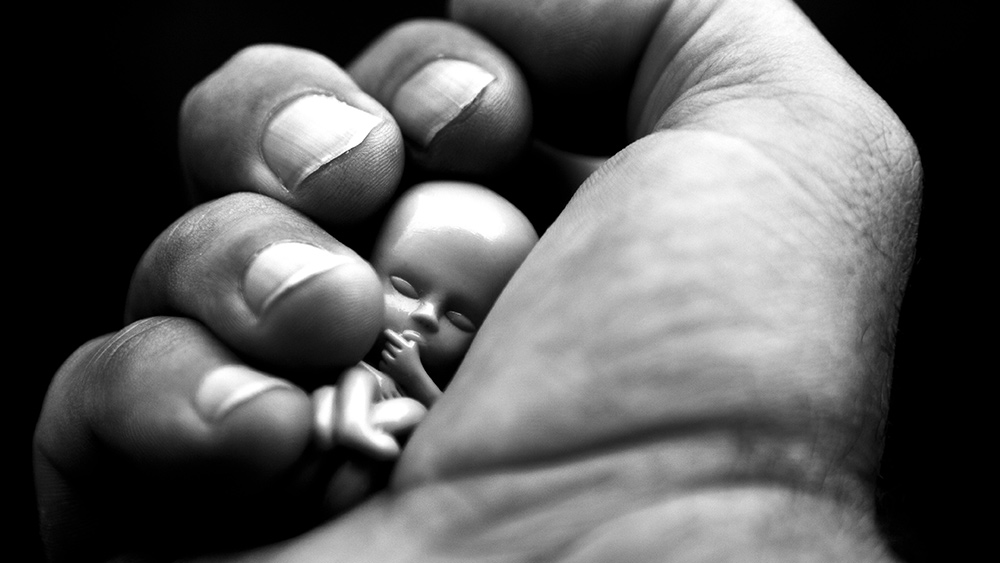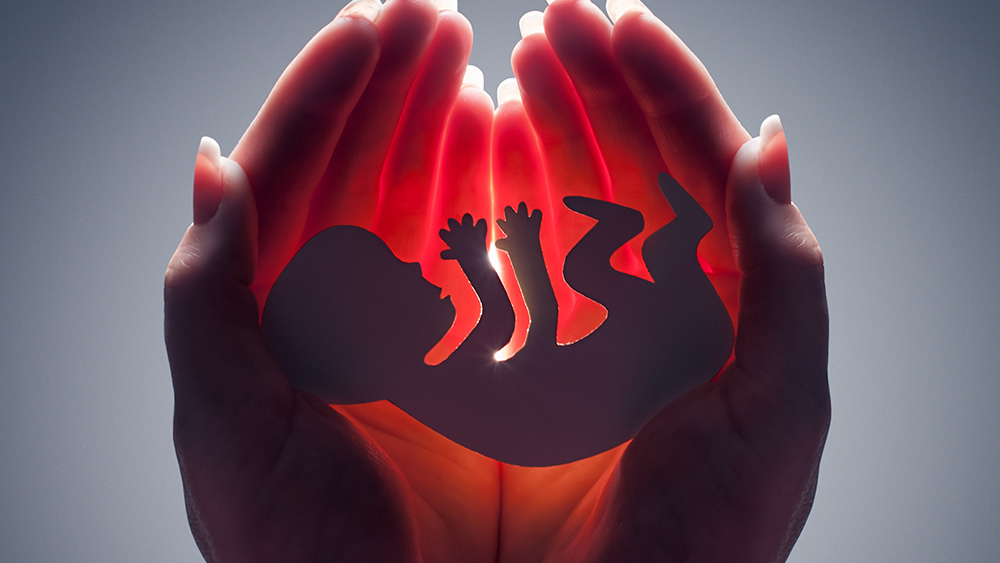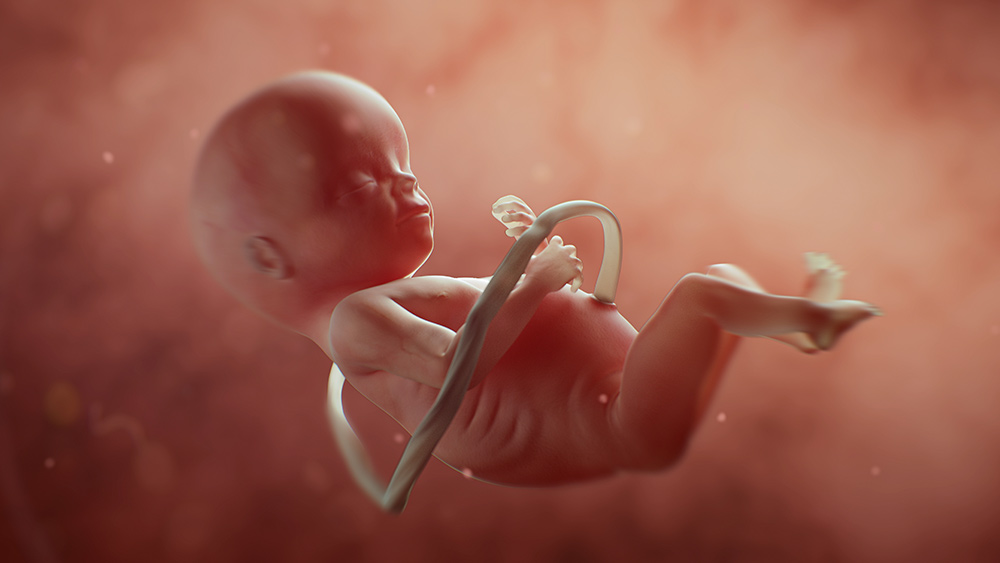
During a Fox News Sunday interview, Arkansas Sen. Tom Cotton mentioned that Democrats threatened to “riot in the streets” and “pack the courts” after the Sept. 18 death of Justice Ruth Bader Ginsburg. These “radical things,” as Sen. Cotton referred to them, became grounds for him and his Republican colleagues in the Senate to “move forward without delay” the voting process for the next judge nominated by President Donald Trump.
The president said that he would pick a woman to replace the late justice, who passed away at 87 due to pancreatic cancer. So far, two female judges are likely to be picked: Judge Amy Coney Barrett of the 7th Circuit Court of Appeals and Cuban-American Judge Barbara Lagoa of the 11th Circuit Court of Appeals. Magistrates appointed to the U.S. Supreme Court usually hold the position until they pass away or opt to retire.
Update: Amy Coney Barrett was the candidate who was picked, and this announcement came last Saturday.
The Arkansas senator was initially listed as a possible Supreme Court nominee alongside two fellow Senate Republicans -- Texas Sen. Ted Cruz and Missouri Sen. Josh Hawley. Trump, however, stated that he will pick a woman as the next Supreme Court justice, disqualifying Cotton. Regardless, the senator pledged to cooperate with the president in confirming his nominee.
Cotton’s claims of riots triggered by the passing of Ginsburg were far from what transpired. According to an NBC News report, people mourning the death of Ginsberg gathered in a vigil at the steps of the Supreme Court building in Washington a day after she died. They left flowers, candles and handwritten notes as a tribute to the late magistrate who served on the bench for 27 years.
Another report by ABC7 talked about people suddenly singing with tears in their eyes during the vigil at the Supreme Court building. The peaceful crowd also broke out into minute-long applause for Ginsburg.
Will this be a repeat of what happened during Kavanaugh’s appointment?
Cotton warned of another “Kavanaugh’s revenge” in light of the upcoming Supreme Court justice appointment. According to the senator, four of his Democratic colleagues in the Senate who voted against the nomination of Justice Brett Kavanaugh in 2018 lost their re-election bids. A fifth Senate Democrat who voted in favor of the Trump appointee was re-elected in the midterm polls.
The president nominated Justice Kavanaugh in July 2018 following the retirement of then-Justice Anthony Kennedy. However, a number of women came forward and accused the judicial nominee of sexual misconduct -- including psychology professor Christine Blasey Ford. Kavanaugh denied all these accusations, and the Senate confirmed his nomination to the bench in October of the same year with a 50-48 vote. (Related: Woman who accused Brett Kavanaugh of rape admits she totally made up her story to “get attention”.)
Ruth Bader Ginsburg’s legacy of abortion
Some pro-choice advocates have looked up to Ginsburg as an icon of their “struggle against the patriarchy.” Pro-abortion group Planned Parenthood published a blog post on Sept. 20, honoring the late Supreme Court justice. The post highlighted, among others, Ginsburg’s defense of abortion as a constitutional right during her confirmation hearings in 1993.
In addition, the post emphasized Ginsburg’s ruling on the landmark Whole Woman’s Health v. Hellestedt case, where she ruled that two abortion restrictions in Texas were unconstitutional. According to Ginsburg’s opinion on the case, women “in desperate circumstances” are forced to rely on “unlicensed rogue practitioners” to conduct abortions when their access to safe and legal abortion procedures —at the cost of their health and safety.
However, abortion can be considered a violation of the Fourteenth Amendment as life is taken without due legal process -- that of an innocent child’s. In a 2019 op-ed for the Washington Times, author and public speaker Rebecca Hagelin argued that the right to life under the Constitution is not debatable and factors such as age, health, physical condition, intelligence, gender or race “do not negate the fundamental right.”
Ruth Bader Ginsburg died peacefully while surrounded by friends and family—a stark contrast from the unborn children who were victims of abortion, a practice she vehemently defended as a “right.”
Find out more news about Ruth Bader Ginsburg’s defense of murdering unborn babies at Evil.news.
Sources include:
Please contact us for more information.





















